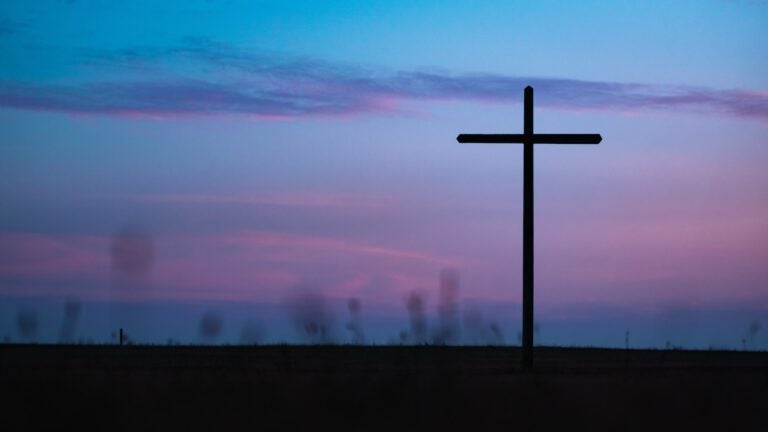A project from the Institute for Advanced Catholic Studies at USC
New book from Georgetown University Press coming June 2025
The dominant Catholic description of justice, as having three forms and corresponding to three kinds of relations in society, comes out of the work done 700 years ago by Thomas Aquinas.
Commutative justice concerns the obligations of people to each other. (If I borrow or steal from you, I must pay you back). Distributive justice concerns the obligations of civil authorities to individual members of society. (The king is obliged to care for those in his realm). And “legal” or “general” justice concerns the obligations of individuals to their community. (Each person is obliged to obey laws and contribute to the common good). This worked well enough for medieval society.
But in a democracy, we “elect the king” and so we all have obligations of distributive justice. And with a growing emphasis on “restorative justice,” we know that healing of the community is an important part of rectifying crimes of one person against another. And there are moral issues that are new or newly complicated in our era, including obligations related to the environment, social media, privacy, religious freedom, gender, racism, harassment and transparency.
“There are moral issues that are new or newly complicated in our era, including obligations related to the environment, social media, privacy, religious freedom, gender, racism, harassment and transparency.”
Following on the successes of the IACS True Wealth of Nations research publication series, a diverse group of world-class scholars aims to develop a Catholic view of justice that is:
- faithful to the tradition, responsive to the best of contemporary insight
- capable of confronting the pressing injustices of our world
- coherent, comprehensive, and accessible to non-experts

Participants:
Agnes Brazal, De La Salle University, Manila
Lisa Sowle Cahill, Boston College
Maria Inês de Castro Millen, Centro de Ensino Superior, Juiz de Fora, Brazil
Julie Clague, University of Glasgow
David Cloutier, Catholic University of America
Daniel Finn, St. John’s University and the College of St. Benedict (IACS Trustee and Project Leader)
George Kodithottam, S.J., Gujarat Vidya Deep Regional Seminary, Vadodara, India
Francis Schüssler Fiorenza, Harvard University
James L. Heft, S.M., Institute for Advanced Catholic Studies at USC
Christine Firer Hinze, Fordham University
Alexandre Martins, Marquette University
Agbonkhianmeghe Orobator, S.J., Jesuit Conference of Africa and Madagascar
Stephen Pope, Boston College
Jean Porter, University of Notre Dame
Anathea Portier-Young, Duke Divinity School
